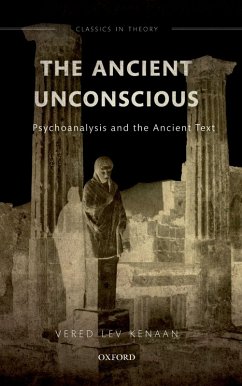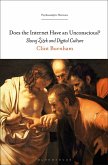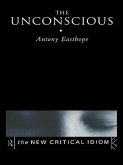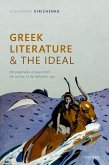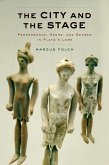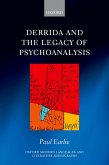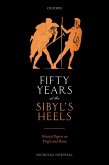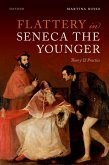In the field of classical studies, the psychoanalytic construction of the unconscious is rarely regarded as a fruitful methodological concept. Commonly understood as a modern conceptual invention rather than the discovery of a psychic reality, the notion of the unconscious is often criticized as an anachronistic lens, one that ineluctably subjects ancient experience to modern patterns of thought. The Ancient Unconscious seeks to challenge this ambivalent theoretical disposition toward the psychoanalytic concept and reclaim the value of the unconscious as a methodological tool for the study of ancient texts by transforming our understanding of what the unconscious means, the way it operates, and how it relates to textual hermeneutics. It considers the debate over whether the ancients had an unconscious as an invitation to rethink the relationship between antiquity and modernity, investigating the meaning of textuality through contact between historical moments that have no priority under the law of chronology: associations and connections between the past and its future - including the present - belong to the sphere of the unconscious, which is primarily employed here in order to study the inherent, often hidden, links that bind modernity to classical antiquity and modern to ancient experiences. Drawing on an incisive examination of the complicated, often conflicted, relationship between classical studies and psychoanalytic theory, the volume aims to explain why the concept of the unconscious is in fact inseparable from, and crucial for, the study of the ancient text and, more generally, the methodology of classical philology.
Dieser Download kann aus rechtlichen Gründen nur mit Rechnungsadresse in A, B, BG, CY, CZ, D, DK, EW, E, FIN, F, GR, HR, H, IRL, I, LT, L, LR, M, NL, PL, P, R, S, SLO, SK ausgeliefert werden.

